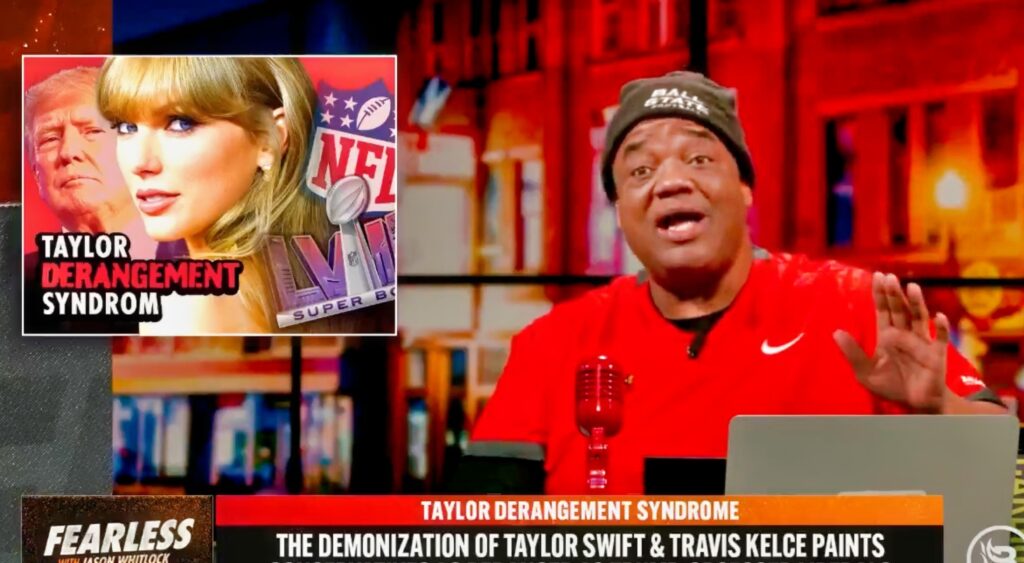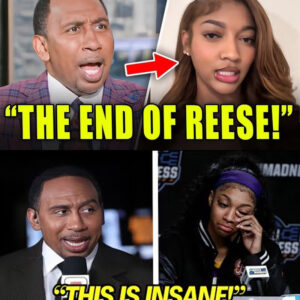
Jason Whitlock doesn’t reckon Taylor Swift will have any impact on this year’s presidential election.
Whitlock has pushed back against the notion and is blaming what he refers to as “Taylor Swift Derangement Syndrome,” though he admits that she could influence voters who are under 35 years old. He also pointed to a poll in which 17 percent of respondents revealed they would be less likely to vote for a candidate endorsed by the pop star.
Speaking on his “Fearless with Jason Whitlock’ show, the journalist warned conservatives against falling victim to said syndrome.
“I don’t want any of the conservatives to take anything I’m saying personally. I’m trying to look out for you. I’m trying to give you a bigger picture understanding of what’s really going on with Taylor Swift.
“We’ve got to come out of Taylor Swift derangement syndrome because that’s what’s going on. Taylor derangement syndrome. You’ve been tricked into it.
“It’s making you look bad. It’s making conservatives look bad. It’s making Christians like me look bad.
Whitlock also urged fans to not link a potential Chiefs Super Bowl win to any sort of political gain.
“Nobody in the NFL cares whether the 49ers or the Chiefs win this Super Bowl,” he added. “The Chiefs, if they win, because of Taylor Swift, it’s not going to provide Michelle Obama or Gavin Newsom or Joe Biden one percentage point. I don’t even know if it’ll provide them a vote.
“But if they can go to voters and say “look at these conservative hypocrites. Look at how deranged and silly they are. They hate Taylor Swift because she’s fallen in love or pretending to fall in love with a football player and these idiots think that if the Chiefs win the Super Bowl, somehow that’s a victory for Joe Biden and the left”.
“Don’t do it. Don’t give them that ammo.”
While Swift has mostly kept her political views to herself, she is known to be critical of Donald Trump and wanted him out of the White House when he was President. Still, it’s wild to think that her relationship with Travis Kelce could decide a presidency.
Relative Articles
None found





